Petrochemical BioPolymers PETFilm 02-02-2021 - Arhive
Petrochemical BioPolymers PETFilm
Crude Oil Prices Trend

-Austria-based recycling specialist significantly increases capacities for food-grade rPET
Austrian recycling company PET to PET Recycling Österreich GmbH has installed another Starlinger bottle-to-bottle recycling system including SSP (solid state polycondensation) reactor at the PET to PET recycled around 1.13 billion PET bottles in 2020, and was able to increase throughput by 7.3% despite the COVID-19 pandemic.
General Manager Christian Strasser said: “It is also thanks to the new Starlinger pelletising line that PET to PET is one of the most modern facilities in PET recycling worldwide. Since the foundation of the company, we ensure that PET bottles in Austria are continuously recycled in a resource-saving way.”
The recoSTAR PET 165 HC iV+ bottle-to-bottle recycling system is the second line from Starlinger in operation at PET to PET. The produced regranulate can replace virgin PET at a rate of 100 per cent, according to Strasser: ir production site in Müllendorf.
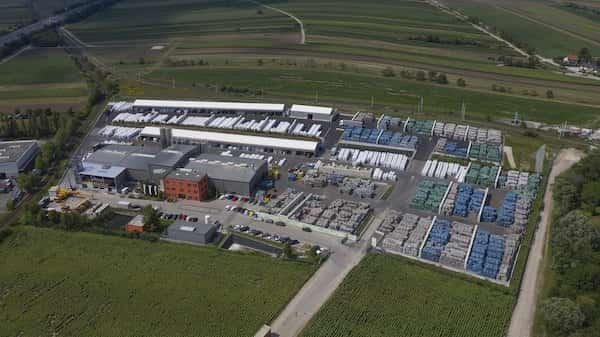
-DSM partners to assess recyclability of its UHMWPE fiber
Royal DSM, a global science-based company in Nutrition, Health and Sustainable Living, and Clariter, an international clean-tech company, today announced a strategic partnership to pursue a next-generation chemical recycling solution for products based on DSM’s Dyneema, an ultra-high-molecular-weight polyethylene (UHMWPE) fiber, said the company. Petrochemical BioPolymers PETFilm
As a first step, sample products – including ropes, nets and ballistic materials made with Dyneema® – were successfully converted at Clariter’s pilot plant in Poland, demonstrating the recyclability potential of Dyneema® and underlining the active commitment of DSM Protective Materials to shape a more sustainable world.
In line with its ambitious sustainability targets, and following the successful launch of bio-based Dyneema® (mass balance), DSM Protective Materials is actively pursuing reuse and recycling solutions for end-of-life Dyneema®-based products. To drive technical recycling solutions, DSM Protective Materials and Clariter partnered to test the feasibility of using Dyneema® as a feedstock in Clariter’s chemical recycling process. Sample products made with Dyneema® were used in Clariter’s tests at its pilot plant in Poland. The positive results confirm the technical viability of transforming Dyneema®-based end-products into high-value, industrial grade, product families: oils, waxes, and solvents via Clariter’s patented 3-step chemical recycling process. These can be further used as ingredients to manufacture new end- and consumer products.
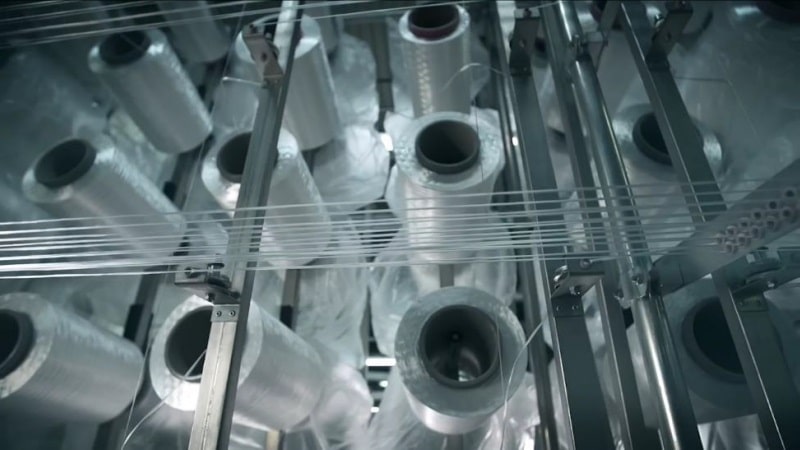
-January contract prices of PE in the USA increased
January contract prices for polyethylene (PE) in the US rose on strong domestic demand, ICIS reported . Petrochemical BioPolymers PETFilm
US January contract prices for polyethylene rose 5 cents per pound (USD110 per tonne) at the top of the range due to consistently strong demand from both domestic and foreign markets. Prices also rose 3 cents a pound at the bottom of the range.
Domestic demand continues to be strong, supported by growth in demand for non-durable consumer goods such as food packaging. Supply levels remain limited due to some ongoing production problems as well as some ethylene shortages in some regions.
Ethylene spot prices eased slightly after spot prices hit a six-year high earlier in the month.
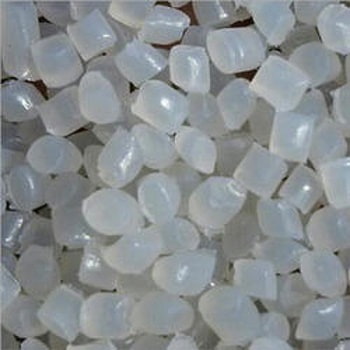
New features of Bausano’s MD Plus and MD Nextmover lines include Digital Extruder Control 4.0 for real-time analytics and Smart Energy System that offers significant energy savings Petrochemical BioPolymers PETFilm
Bausano, an international leader in the design and production of customized extrusion lines for the transformation of plastic materials, today announced the introduction of its next generation lines of twin-screw plastic extruders in the U.S. and Canadian markets. With world-renowned “Made in Italy” quality and unrivaled technological innovation, Bausano’s two renewed product lines – MD Plus and MD Nextmover – are best suited for several types of extrusion, pipes, granules, wood plastic composites (WPC), profiles and materials used in the medical industry.
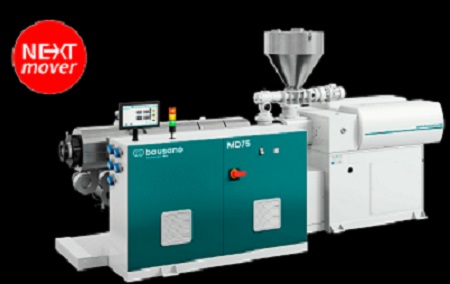
-Caprolactone Thermoplastics Boost Flexibility, Biodegradability of PLA and PHA
Ingevity’s Capa has been shown to enhance PLA and PHA end-use products.
Caprolactone (Capa) based thermoplastics from Ingevity Bioplastics, North Charleston, S.C., have been shown to increase the flexibility of PLA and PHA bioplastics. Ingevity acquired the Capa caprolactone division of Sweden’s Perstorp in the spring of 2019. As previously reported, in 2015, Perstorp developed the world’s first renewable Capa for bioplastics. The concept built on the company’s Capa Lactide technology, with a focus on developing copolymers for thermoplastics that can be used to make new bioplastic compounds. Petrochemical BioPolymers PETFilm
The Perstorp Capa acquisition gave Ingevity access to the production and commercialization of caprolactone and high-value downstream derivatives, including caprolactone polyols, thermoplastics, lactides, and hexanediol (HDO).
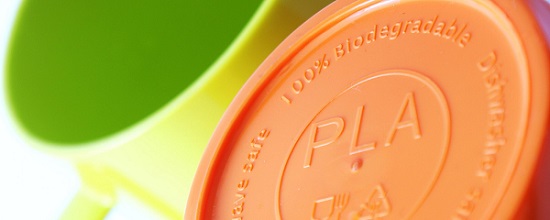
Fresh berries are a real power snack: light and tasty, with few calories and lots of valuable vitamins, well suited for use in muesli, smoothies or yoghurt, as well as for baked goods and many more. Petrochemical BioPolymers PETFilm
They can be obtained, for example, through the company Baumann Vertriebs GmbH & Co. from Geiselhöring in southern Germany.
This family company, which has existed for several generations, has been active in the berry business since 1995. With a team of 64 employees and around 780 directly employed seasonal workers, Baumann cultivates around 960 hectares of land and supplies food retailers throughout Germany, as well as Austria and Switzerland.
The company is clearly feeling the growing berry trend. Starting this season, Baumann has been delivering its fresh fruit in trays made from resource-saving rPET. Instead of using a snap-on lid, these trays are now sealed with a thin, peelable top film.
For this purpose, a SEALPAC A6 traysealer was purchased. In the process, Baumann benefited from the comprehensive advice and support of Sealpac GmbH, which even allowed the company to open up a new business area.
We spoke with Annika Baumann, CEO at Baumann Vertriebs GmbH & Co, about the company’s move towards tray sealing.
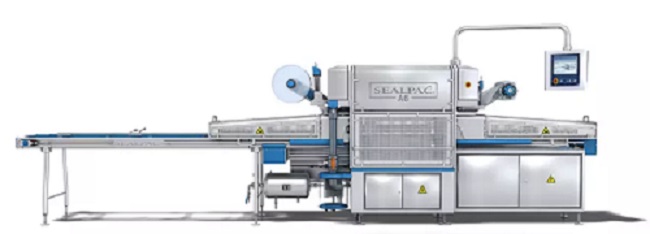
-Expanded Line of Structural Thermoplastics With New Resin Formulations
Mitsubishi Chemical Advanced Materials has expanded its portfolio of KyronMax structural short carbon fiber thermoplastic compounds.
An expanded line of structural thermoplastic materials with new resin formulations to meet the requirements of applications in the medical, oil & gas, aerospace, automotive, and recreation market segments, is newly available from Mitsubishi Chemical Advanced Materials (MCAM), Mesa, Az. Formed two years ago, MCAM is an operating unit of Mitsubishi Chemical Holdings Group (MCHC) which combined two previous companies purchased by MCHC: Switzerland’s Quadrant AG–which produces glass-mat thermoplastic composites and thermoplastic shapes, and Piper Plastics Inc., Chandler, Az., an injection molder turned compounder that produces injection-moldable, carbon-fiber thermoplastics called KyronMax. Petrochemical BioPolymers PETFilm
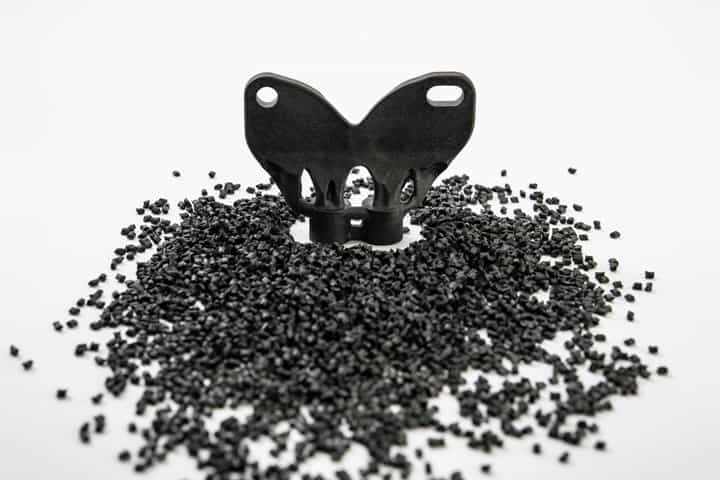
-Eastman to Build World-Scale Plastic-to-Plastic Molecular Recycling Facility
With this significant investment, Eastman will use its methanolysis process to convert more than 250 million lb/yr of polyester-based waste into high-performance copolyesters. Petrochemical BioPolymers PETFilm
Eastman has announced that it is investing approximately $250 million over the next two years to build one of the world’s largest plastic-to-plastic molecular recycling facility at its site in Kingsport, Tenn. Announced jointly by Eastman’s board chair and CEO Mark Costa and Tennessee Governor Bill Lee in a January 29 press event, the planned facility will utilize the methanolysis polyester renewal process, first developed by Kodak 30 years ago to recycle polyester photographic film. Eastman’s experience with methanolysis makes it uniquely qualified to be a leader in delivering this solution at commercial scale, according to Costa.

-More than half of world’s plastic has ended up in landfills or nature
Hafa adai, Guam! Over the next few weeks, I’m going to focus on plastics, from their initial creation, the variety of plastic resins that are now in use, the Resin Identification Codes, the incredible growth of the plastics industry and plastic’s ubiquitous presence in our lives, their environmental impact, and finally the movement toward addressing the glut of plastics through recycling and the development of bioplastics. Petrochemical BioPolymers PETFilm
The word plastic comes from the Greek plastikos, meaning capable of being shaped and molded, which accounts for the wide variety of applications, from the common, single-use products such as packaging, bottles and straws, to long-lasting products such as furniture, building materials and automotive components.
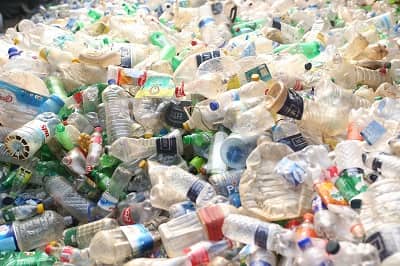
-EU focuses on a sustainable and circular plastics system
“The challenges posed by plastics are to a large extent due to the fact that our production and consumption systems are not sustainable.
“The COVID-19 pandemic and climate change have amplified public attention for the plastic waste crisis we face.
“It is clear that the best way is to shift to a fundamentally sustainable and circular plastics economy, where we use plastics much more wisely and better reuse and recycle them. Petrochemical BioPolymers PETFilm
“Moreover, producing plastics from renewable raw materials should be the starting point.”
These are not the words of a climate activist, but from Hans Bruyninckx, Executive Director of the European Environment Agency, introducing their new Report last week.
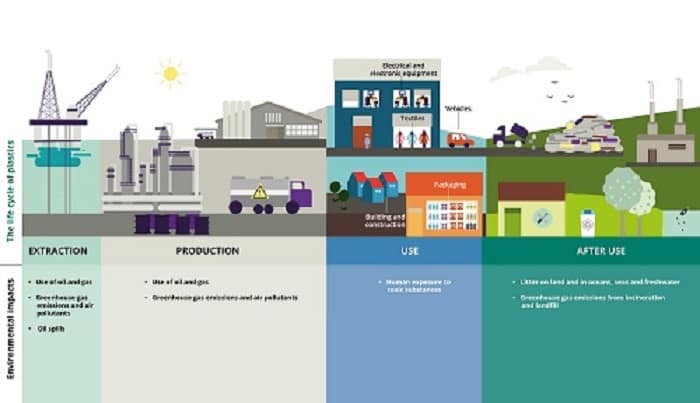
Petrochemical BioPolymers PETFilm
